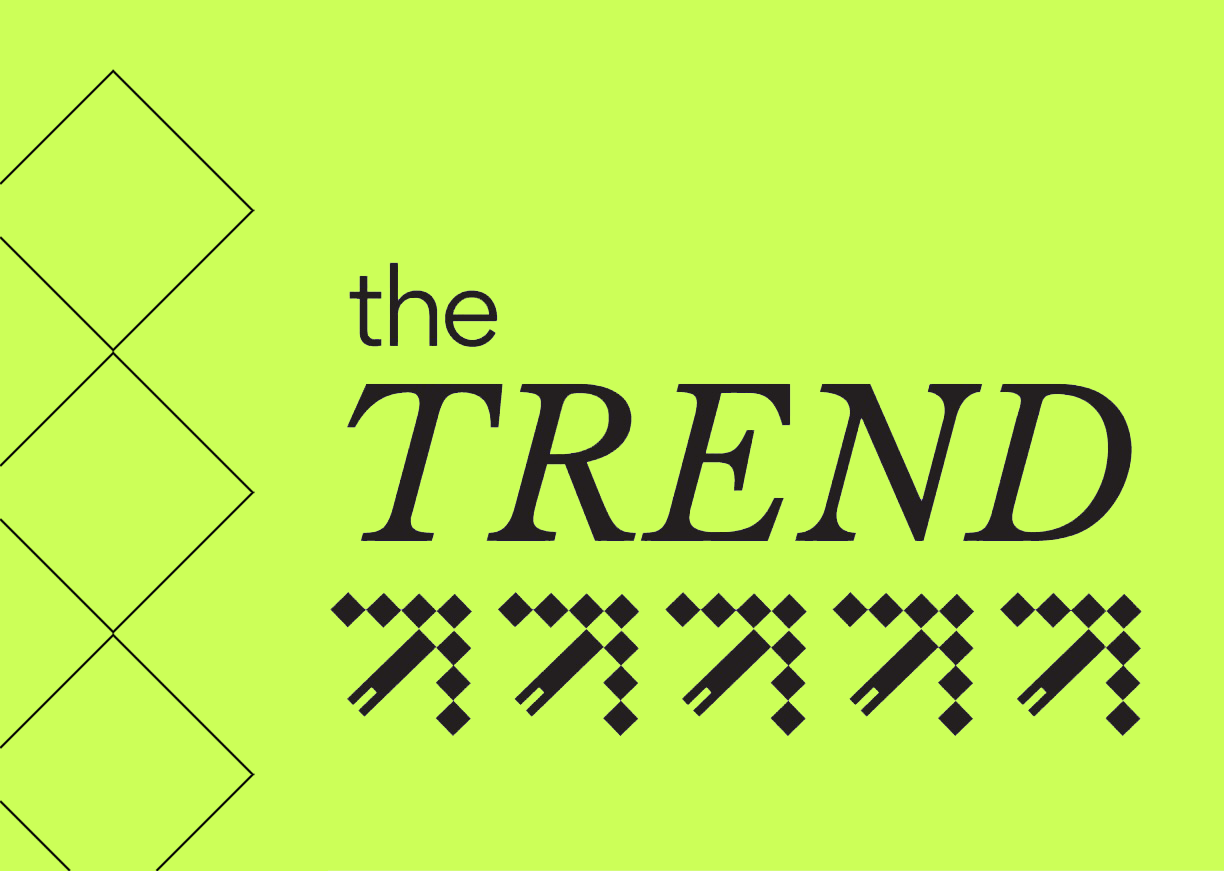The Return of Tariffs: What the Economic Shift Means for Brands

Tariffs. Trending on and off Since the sixteenth Century.
The world woke last week to news about an economic tool that had largely faded from public consciousness: the Tariff.
As the Trump administration effectively announced global import taxes on every potential trading partner, from China (population: 1.4 billion) to Norfolk Island (population: 2,188), the world is braced for short, medium, and potentially very long-term, structural economic disruption and uncertainty.
The bane of free-market economists since George Washington’s Tariff Act of 1789, and the reason why a long-forgotten scene in Ferris Bueller’s Day Off about the Hawley-Smoot Act of 1930 is suddenly doing the rounds on social media, the tariff – and economic protectionism more generally – is back with a bang.
The economic fallout will be much discussed, and will no doubt evolve as trade deals are hastily signed and retaliatory policies come into effect.
But my question is, what does this mean psychologically? What happens when a little-loved and rarely discussed economic lever suddenly enters the public consciousness?
From a brand perspective, it raises fascinating questions about how to communicate in a world where things like supply chains, provenance, and sourcing claims appear on the collective consumer radar.
Already, we’re seeing consumers engaging in pre-emptive economic belt tightening. Even as unemployment remains low and wages have been growing, consumers are actively bracing for difficult times ahead.
While stories about brand boycotts, from Tesla to McDonald’s to Coca-Cola to Nike are proliferating: suddenly ‘American’ brands, despite their globally distributed operating models and supply chains, are feeling the heat of consumers turning away from businesses that have communicated happily across borders for years.
We’re seeing a mini mindset shift. Conscious consumption, based less on ethics, and more on economics. If you turn away from us, we’ll turn away from you. An era of economic protectionism is perhaps feeding a broader sense of psychological protectionism.
For brands, it raises some interesting choices ahead, with a few strategies potentially on the table:
- “Proudly made in x” – formerly a tool to gently stoke nationalist warm feelings, it’s now both a more charged, and potentially much more inclusive, claim. To be French, or British, or Dutch, or whatever it may be, is to implicitly reject a lot of what the world is being put through right now. Recent proudly Canadian ads visible at Toronto Blue Jays baseball games are a fantastic example.
- Invest in a tariff premium – Tariffs mean prices go up. One way to counteract this is to premiumise. Or in the case of things like Scotch Whisky, premiumise even further. Offset price rises by perceived value rises.
- “We’ll be honest with you” – A tactic used by brands in the recent energy-price driven cost of living crisis. One to use with care, but being upfront about the causes of price rises, and what you’re doing to address them might buy some short-term goodwill.
- Good vibes begin at home – If the world is turning inwards, economically, then perhaps brands should look a little more inwards themselves. Investing in their communities, in their workforces. Less teaching the world to sing, more sharing songs with your immediate postcode.
How brands respond will of course be dependent on their scope, scale, and operational vulnerabilities. But be open to the tariffs in people’s minds, just as much as the ones on customs receipts.



